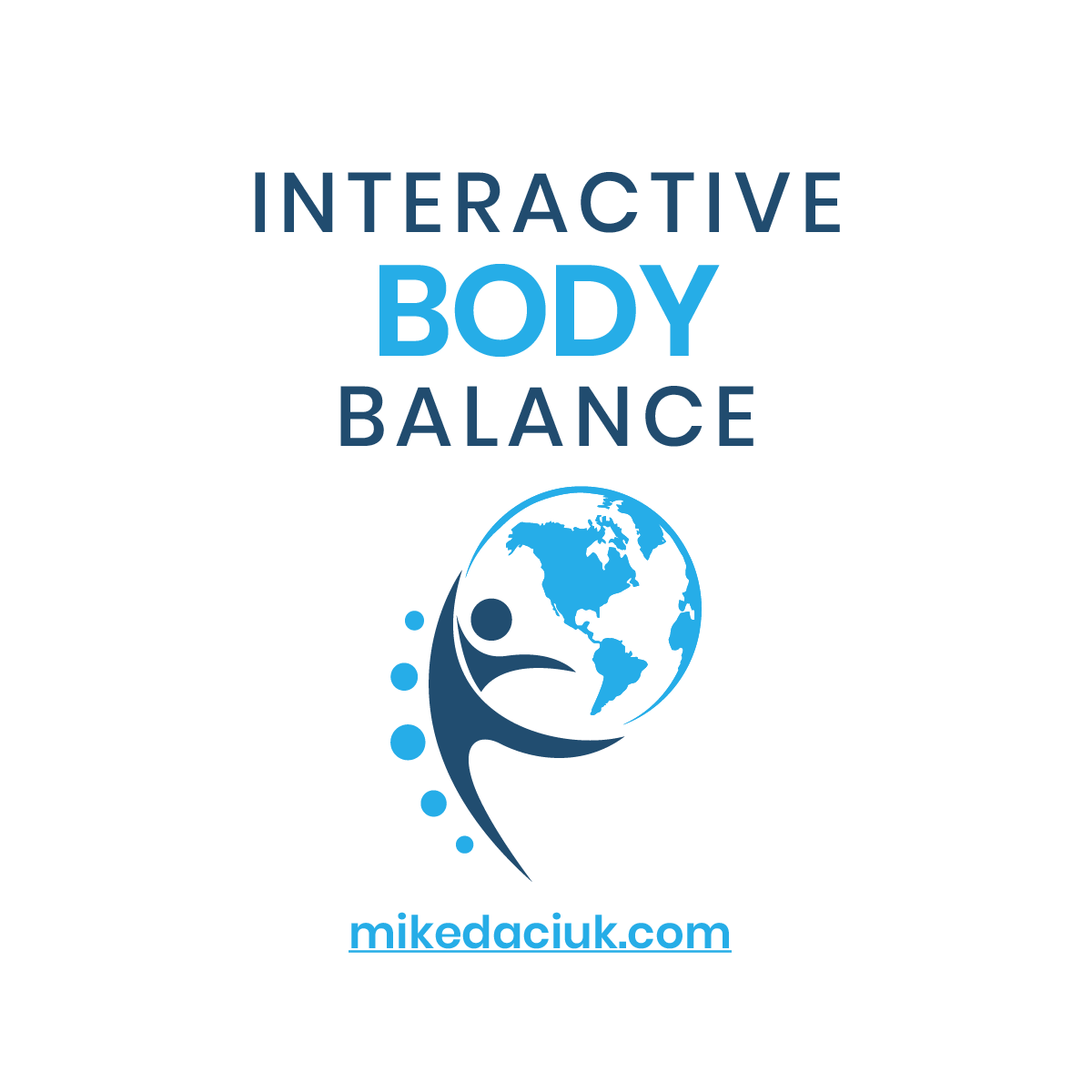How To Lose Belly Fat
- Reduce Stress:
One of the most important ways to help this process is to reduce stress in your life, because stress causes cortisol levels to spike. Cortisol is a hormone in your body that depletes lean muscle and holds on to fat in the abdominal region. When your stress and cortisol levels are high, the body actually resists weight loss. Your body thinks times are hard and you might starve, so it hoards the fat you eat or have present on your body. Cortisol tends to take fat from healthier areas, like your butt and hips, and move it to your abdomen which has more cortisol receptors. There are four times as many cortisol receptors in your abdominal area. We provide techniques on how to reduce stress and test for it throughout the website. www.mikedaciuk.com
- Get Sufficient Sleep:
Getting sufficient amounts of sleep, not only helps normalize cortisol levels, it’s also important in order to optimize your circadian clock, which can have a profound impact on your metabolism and weight. As an example, a couple of years ago researchers at the University of Chicago found that dieters who slept for 8.5 hours lost 55 percent more body fat over the course of two weeks than dieters who only got 5.5 hours of sleep a night. Your body physically and physiologically repairs yourself at night. Lack of sleep can really impact your health in numerous ways. The first point is that it hurts your immune system. Cytokines are chemicals our immune system uses to help fight an infection and are also powerful sleep-inducers. Lack of sleep reduces the prominence of cytokines. The second way in which a lack of sleep affects your body is by hurting your hormones. Sleep is the time when the body releases hormones that affect development, energy control, metabolic control and the endocrine system. As you start to wake up, cortisol is released and is highest around 6 a.m. in the morning. It is high so you have the energy to face your day. Growth hormone, follicle stimulating hormone (FSH) and luteinizing hormone (LH), are also utilized while you sleep and they are important for reproduction. I see it all the time in my practice for clients with fertility issues.
- Eat The Proper Foods:
Increase healthy fats, quality protein and beneficial carbs in your diet. These would include the following:
Healthy Carbs:
- Kale
- Spinach
- Broccoli
- Asparagus
- Grapes
- Lettuce
- Onions
- Peppers
- Cauliflower
- Apples
- Celery
- Carrots
- Blueberries
- Oranges
- Raspberries
- Bananas
Healthy Fats:
- Avocadoes
- Coconut Oil
- Coconut
- Almonds
- Almond Butter
- Free Range Eggs (if not sensitive)
- Fish and Fish Oil
- Kefir
- Flax Seed
Proteins:
- Turkey Breast
- Pastured Chicken Breast
- Fish (Wild Salmon)
- Grass Fed Beef
- Tuna
- Pastured Eggs (if not sensitive)
- Grass Fed Liver
- Whey Protein (biologically active whey protein, like non-denatured, grass-fed whey protein made from raw milk.)
- Greek Yogurt
- Grass Fed Steak
Reducing or eliminating sugar from your diet.
One of the most pernicious dietary influences on your weight loss goals is fructose, which hides in so many processed foods and beverages. Fructose, primarily in the form of high fructose corn syrup hidden in processed foods and beverages is the primary contributing factor to widespread and seemingly out-of-control obesity. The top offenders in this category include:
| Grain-based desserts (cakes, cookies, donuts, pies, crisps, cobblers, and granola bars) | Soda, energy drinks, and sports drinks |
| Breads | Juice drinks and fruit punches |
| Breakfast cereals | Fast food and pre-packaged dinners |
| Prepackaged, processed lunches | Coffee drinks |
- Reduce Excess Insulin
Insulin is an essential substance whose main function is to process sugar in the bloodstream and carry it into cells to be used as fuel or stored as fat. There are several reasons for excess insulin but the main culprits are: stress, consuming too many nutrient-poor carbohydrates (the type found in processed foods, sugary drinks and sodas, packaged low-fat foods and artificial sweeteners), insufficient protein intake, inadequate fat intake and deficient fibre consumption. Heart palpitations, sweating, poor concentration, weakness, anxiety, fogginess, fatigue, irritability or impaired thinking are also common short-term side effects of high insulin. Unfortunately our body typically responds to these unpleasant feelings by making us think we’re hungry, which causes us to reach for high-sugar foods and drinks. We then end up in a vicious cycle of hormonal imbalance, a condition called insulin resistance or metabolic syndrome which only furthers weight gain and our risk of diabetes and heart disease. We discuss techniques throughout the website on how to do this as well as implementing the first three tips.
Enjoy.
Mike
www.mikedaciuk.com
Source: http://articles.mercola.com/sites/articles/archive/2011/08/08/eating-fat-wont-make-you-fat-but-these-10-things-will.aspx



